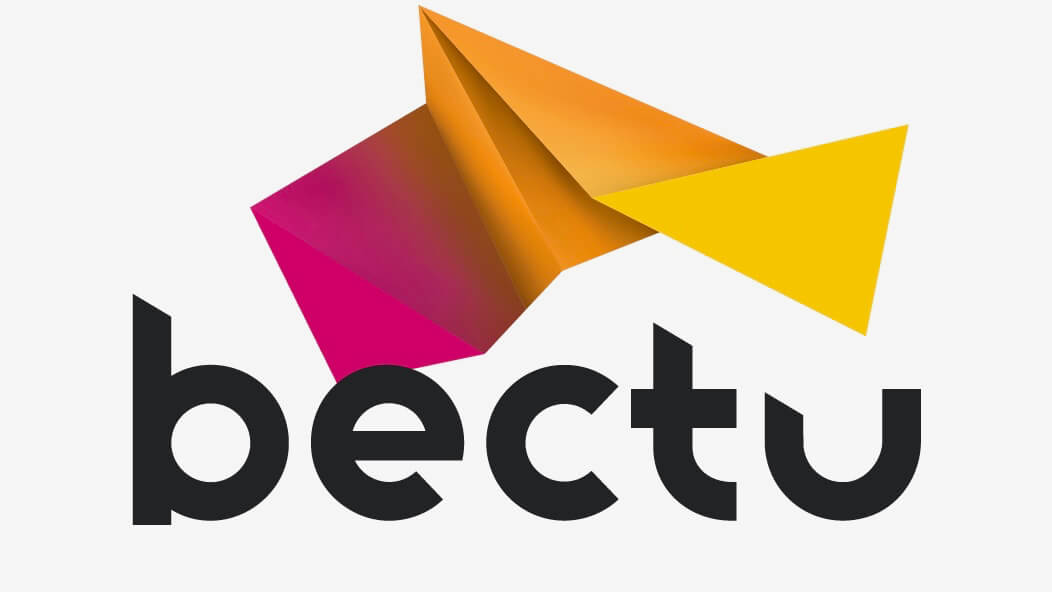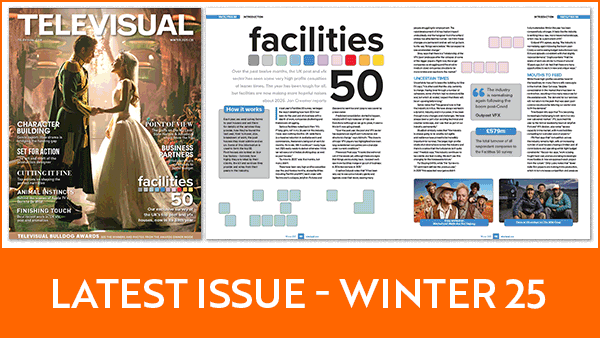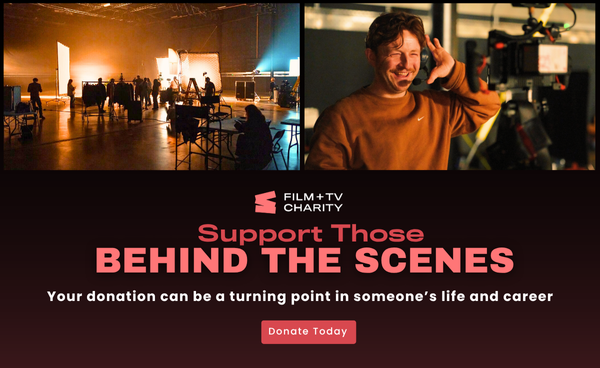TV and film workers’ union, Bectu, has released a new survey of freelancers finding that 39% are out of work and just 13% feel secure in their job.
The figures are revealed in Bectu’s Big Survey, which asked behind-the-scenes creative industry workers about their experiences of work. “The precarity of work and state of freelancers’ finances are of particular concern.”
Conducted between February and March 2025, the survey gathered responses from 5,597 individuals across various sectors, including film, broadcasting, TV drama, theatre, live events and fashion.
The survey highlights problems faced by freelancers including the ‘feast or famine’ nature of freelance employment, bullying and harassment, poor levels of diversity, and a lack of employment rights.
The survey found that 82% of freelancers feel their work is precarious, while less than a quarter are confident about their future in the sector (24%).
Almost four in ten (39%) freelancers are currently out of work. And when asked how many months they had been in work over the past six months, 6% had had no work at all, while 42% had worked between 1-3 months. Just a quarter had worked over the full six months.
Just 8% of freelancers work a standard 8-hour day, with a quarter reporting a 12-hour working day as standard (23%), 38% working 10–11 hours, 14% working 13–14-hour days and 5% reporting an average day of 15 hours or more. For full-time employees across the creative industries, the majority work an 8-hour day (34.8%), while 20% work a 9-hour day and 19% work a 10-hour day.
One respondent described their situation: “I feel like I’m constantly gasping for air with no future in sight.”
A quarter of all freelancers said that they are finding things extremely difficult financially, while 42% are finding things more difficult than normal. In the past year, 11% have struggled to pay their rent or mortgage, 16% have been unable to cover their household bills, 10% have moved back in with their parents or other family and 3% have had to use a foodbank.
11% of creative industry freelancers have applied for Universal Credit in the past 12 months, while 16% had to take out a loan or other unsecured debt to pay bills.
This is reflected in the number of freelancers with little to no safety net. Around a third (31%) reported having no savings, and fewer than half of freelancers have a pension (48%). Working class freelancers are even more precarious – those who say they are from a working-class background are 10% less likely to have savings (45% do not have any) or to have a pension (56% do not have a pension).
These issues are amplified by late payments, which leave freelancers particularly vulnerable. 37% say that late payments have impacted their cash flow or caused them to go into debt.
Less than half (48%) said that they are always paid on time, while in the past year, 21% said they have often waited more than 30 days for a payment.
More than a third of all creative industry freelancers (37%) have waited more than six weeks for a payment. And almost one in five (17%) freelancers have not been paid for a job because the company they were working for became insolvent. This is a particular issue for workers in live events (24%), fashion (26%), and commercials (25%).
The survey also found that just 6% of freelance women in the creative industries have been offered paid leave or flexible working to allow attendance at fertility-related appointments, such as for fertility treatment, and just 22% have been able to access job shares and flexible working arrangements.
And more than a third of all freelancers (34%) said that their work has impacted their reproductive choices (e.g. choosing to have children).
Almost a third (31%) of creative industry freelancers see themselves working in another industry in five years’ time.
Bectu now recommends the following: Real powers for the freelance champion; Action on late payments; Better data and tax systems to address the complexity of different “freelance” employment statuses; Access to employment rights like sick pay and parental leave to provide a safety net; Enforcement of existing employment rights for PAYE freelancers; Accounting for freelancers in move to Single Worker Status
Head of Bectu Philippa Childs said: “The creative industries are dependent on the talents, skills and dedication of freelancers – without them the sector would collapse. This is a key growth sector essential to the government’s industrial strategy, so our findings should sound alarm bells.
“The government is starting to take this issue seriously with the appointment of a freelance champion. It’s essential this role is given real and meaningful powers, to help set policy and to intervene on behalf of freelancers, to ensure it drives tangible and sustained change.
“The UK lags behind much of the world in terms of rights and protections afforded to workers in the creative industries. Our findings make clear an existential threat to the creative industries if we don’t better support those who are critical to its continued success. The government has quite rightly talked a lot about growth and fairness in work – this is an area where it has an opportunity to make a real difference on both those counts.
“Employers and engagers in the industry also have a critical role to play. Our report is clear – if you don’t properly support the people doing the bulk of the work then the industry will become unsustainable.”
Jon Creamer
Share this story














